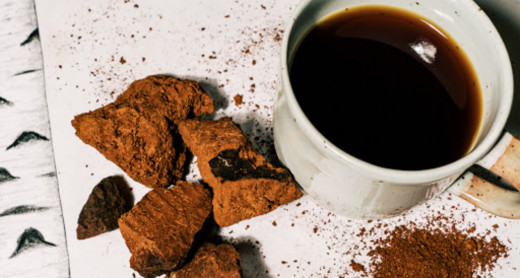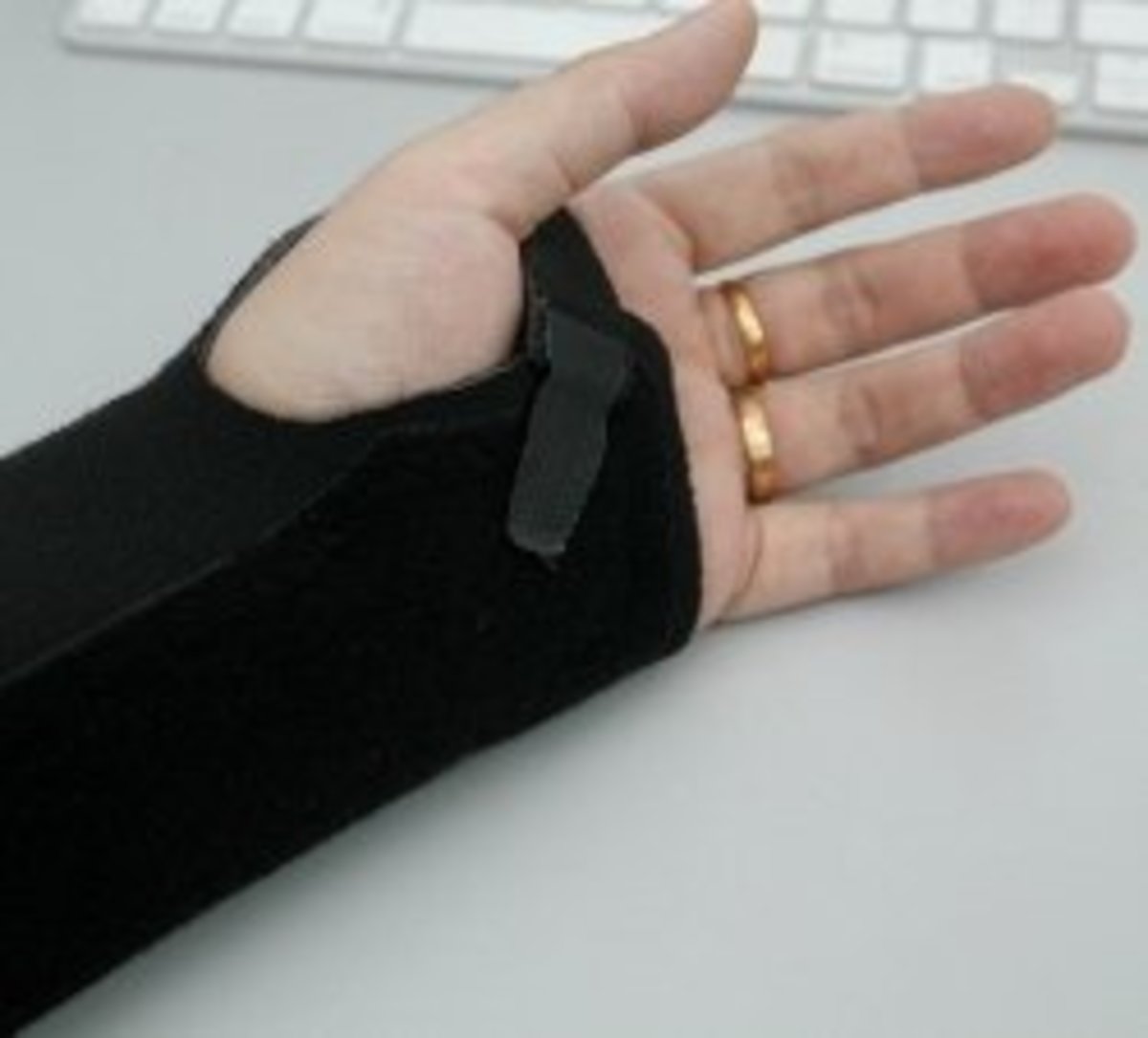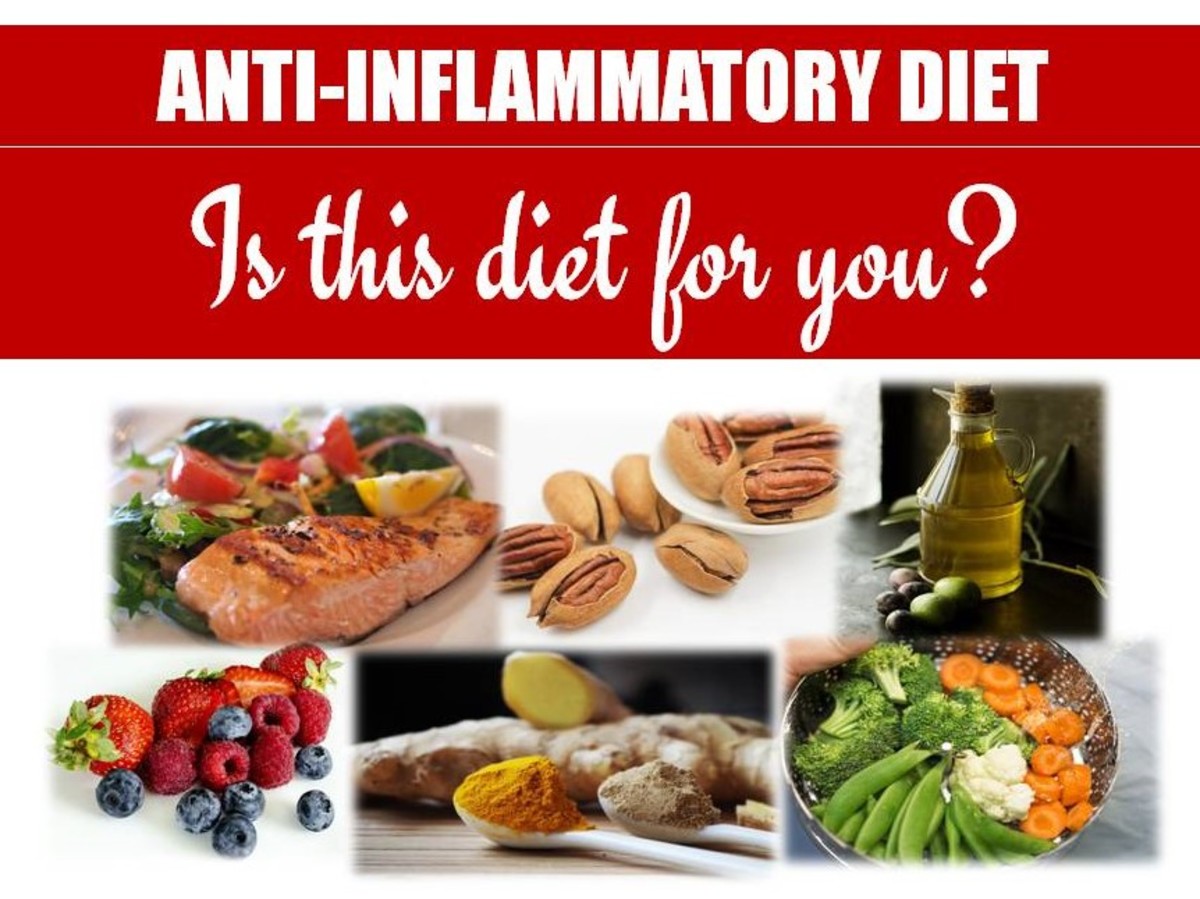The Truth: Do Ibuprofen and Aspirin Worsen the Coronavirus? What About Paracetamol?
"Stay At Home And Take Ibuprofen"
In order to try and flatten the curve and lower the healthcare burden, all countries currently affected by the Coronavirus have taken a similar stance regarding potential cases. Unless you present with breathing difficulties, persistent fever or are vulnerable due to age or health status, it is recommended that you stay in the confines of your own home and try and cope with your symptoms yourself using over-the-counter medication. The UK, in particular, has recommended that people with any symptoms (ranging from mild to severe) take Ibuprofen regularly, since it is particularly effective against raised temperature and bodily pain.
However, those of you diligently glued to your computers awaiting updates on the Coronavirus (COVID-19) will have stumbled across some recent worrying anecdotes. According to the French health minister and a number of other sources, treating the unpleasant symptoms with anti-inflammatory medications like Ibuprofen, Aspirin and Cortisone can exacerbate the Coronavirus.
This paradoxical reaction has been witnessed in a number of patients, and is not only confined to the elderly or those with pre-existing health vulnerabilities. It appears that the comsumption of NSAIDs (non-steroidal anti-inflammatory drugs) that possess strong anti-inflammatory properties is capable of significantly worsening the state of young, healthy patients too.

Why Would Anti-Inflammatory Drugs Be Dangerous?
It can be hard to understand why taking medication that lowers systemic inflammation is a bad idea if you have contracted the Coronavirus, especially if your symptoms are mild and you may well just have a regular cold. After all, 'anti-inflammatory' is a scientific buzz word that is thrown around and associated with wonderful health benefits.
The truth is that generally lowering your inflammatory load is always a good idea; we consume too much sugar, wheat and other substances that induce chronic inflammation and the production of cytokines. Rather than working in our favour or helping us fight off pathogens, this perpetual immune system activation worsens our mental health and cognition and initiates nearly all known disease processes. So, keep on eating nutrient-rich, high-fat foods and sleeping well in order to avoid this.
However, there are other facets to consider with respect to a). the immune system and b). inflammation when dealing with a dangerous, novel virus that none of us have any immunity to.
Why are NSAIDs that significantly lower inflammation like ibuprofen, naproxen, aspirin, celecoxib and the steroid drug cortisone a problem in the context of the Coronavirus pandemic? They suppress certain immune system mediators that are necessary to fight off the tenacious Coronavirus.

How Do NSAIDs work?
Notoriously effective in treating pain, fever and inflammation, NSAIDs' main mode of action is inhibition of the cyclooxygenase (COX) enzyme.
The two isoforms of COX (COX-1 and COX-2) are responsible for the conversion of arachidonic acid into prostaglandin H2. Prostaglandin H2 is then enzymatically transformed into a number of other prostaglandins, which are the lipid molecules responsible for inducing pain, inflammation and fever.
Some newer-generation NSAIDs like celecoxib only target the COX-2 enzyme, which reduces the gastrointestinal side effects associated with such therapy such as peptic ulceration. However, Ibuprofen and Aspirin exert inhibition on both variants: COX-1 and COX2.
However, the immunomodulatory activity of such drugs is not limited to the beneficial reduction of circulating prostaglandins. More worryingly, they exert suppressive effects upon the mechanisms in place to fight viruses. This is not something objectively terrible or a scandalous Big Pharma cover-up, because in most circumstances (e.g. when fighting a cold or the Norovirus), the body can handle a small reduction in immune system functionality. However, the COVID-19 is a whole different kettle of fish....
So, How Does Ibuprofen Make It Harder to Fight The Coronavirus?
NSAIDs interfere detrimentally with the body's antiviral defences, an effect which can be observed in both mammalian models and cell lines.
- Interferon-induced cascades that target invading viruses are suppressed in patients treated with such drugs (Graham et al., 2009).
- Antibody production can be affected, which would result in lower circulating levels of antibodies to target the Coronavirus.
- Immune tolerance in dendritic cells may be increased, and immunomodulatory alterations to white blood cells induced that render them less capable of engulfing pathogens.
In line with these worrying bits of evidence are the following facts:
- The flu virus has always had an unexpectedly low rate of efficacy in the elderly. This is due to the fact that those aged 65+, statistically speaking, consume a lot of aspirin and ibuprofen for conditions such as rheumatic diseases (Eyers et al., 2010).
- Notably, the efficacy of the same flu vaccine is significantly lowered in children when they are administered an NSAID beforehand (including paracetamol!).
- When animal models are infected with the seasonal flu, a markedly higher mortality rate is seen in groups given aspirin beforehand.
- In 1918, abnormally high mortality rates occurred in the US during the flu pandemic. It is suspected that these were owed to doctors promoting high doses of aspirin upon the development of early symptoms (Starko, 2009).

What About Paracetamol?
Despite technically being classed in the NSAID family, paracetamol has very limited anti-inflammatory effects; for this reason, it is relatively ineffective at treating the throbbing pain (eg. severe menstrual cramps or migraines) associated with prostaglandin release. It does, however, possess some analgesic effects, working well to treat dull and consistent pain, and is a useful antipyretic (reduces fever).
In light of the recent worries regarding NSAID interactions with the Coronavirus, many scientists and health professionals have come out in the last 24 hours with advice that we "avoid ibuprofen and aspirin, and stick to paracetamol'. However, just because paracetamol has been demonstrated to possess negligible anti-inflammatory effects does not mean that it is any safer than its pharmacological cousins.
Paracetamol has been linked to nearly all of the viral immune system suppressions mentioned above (Huemer, 2015). Yes, you read that right; paracetamol (in addition to all other common analgesic drugs) may all pose a significant risk to people infected with the COVID-19.
It is recommended that you follow health guidelines and abstain from ibuprofen, celecoxib and aspirin, but should you risk taking the odd 500mg dose of paracetamol if you come down with a fever?
Probably. If you have a very high fever, the priority is lowering it a little to avoid organ damage; feel free to take small to moderate doses of paracetamol. However, stay unmedicated if your temperature is only slightly raised, because this heat is actually beneficial and leaving it be will help your body kill the virus faster.

What Are Some Real Alternatives to NSAIDs?
At this point, you may be wondering what on earth we are left with if we do have the bad luck of contracting the Coronavirus. As I mentioned above, paracetamol (acetaminophen) can be taken occasionally if needed to lower a fever and does not seem to be too problematic in the context of this pandemic. However, we want to play it a safe as possible; there is, unfortunately, a great deal of evidence that paracetamol harms our antiviral capabilities.
So, what can we take to treat the severe respiratory symptoms that the Coronavirus produces? We all know that sleeping well, staying hydrated and eating a nutrient-dense diet does wonders for the immune system, but what will work for us like medicine, quickly and reliably?
Three Potential COVID-19 Cures
1. N-Acetyl Cysteine (NAC) is an amino acid derivative found naturally in a vast range of foods including eggs and turkey. Taken by millions for their mental health disorders, it stabilizes neurotransmitters and scavenges free radicals with no side effects, but importantly is also a miraculous treatment for severe respiratory issues (Stockley, 2008).
Frequently used to loosen mucus, renew lung cells and enhance immune functionality, it has extremely important applications in the treatment of moderate and end-stage chronic obstructive pulmonary disease (COPD).
Research also reveals that it can shorten severe cases of flu by 4 days, due to its ability to a). lower viral mRNA-mediated inflammation in the lungs and b). boost the interferon type 1 response. This is the process by which the Coronavirus is destroyed, so promoting this cheap and side-effect free supplement may translate to lives saved ((McCarty and DiNicolantonio, 2020). Doses of 400-1200mg can be taken on a daily basis as a preemptive measure, before any symptoms set in.
2. Aside from many antimicrobial compounds that increase the body's affinity for viruses such as the COVID-19, green and black tea contain theophylline, which is a bronchodilator drug capable of opening up the airways and lungs. For this reason, asthma and COPD patients are often instructed to drink tea over coffee. You should certainly aim to drink 3-4 cups of tea a day if you fall ill, as we all react differently to pharmacological agents; it may be that your genetics allows for a good bronchiolar response and your breathing difficulties are alleviated.
3. Another natural compound growing in traction during this COVID-19 pandemic is spirulina, with some scientists believing that it is a potential 'cure'. When given to animal models before they are infected with viruses including HIV, the flu and SARS (another Coronavirus!), spirulina and NAC work silently to switch on relevant pathways and destroy the viruses. It may, therefore, be prudent for us to start to supplement one of/both of these substances as a preventative measure.
When buying spirulina, I recommend that you avoid any cheap brands as it is often mixed with inert substances. I take this Hawaiian product every day and have not been ill in over 2 years; it doesn't make me smell like algae, either, which is an issue with some products!
References
S. Eyers, M. Weatherall, P. Shirtcliffe, K. Perrin, and R. Beasley, “The effect on mortality of antipyretics in the treatment of influenza infection: systematic review and meta-analyis,” Journal of the Royal Society of Medicine, vol. 103, no. 10, pp. 403–411, 2010.
N. M. H. Graham, C. J. Burrell, R. M. Douglas, P. Debelle, and L. Davies, “Adverse effects of aspirin, acetaminophen, and ibuprofen on immune function, viral shedding, and clinical status in rhinovirus-infected volunteers,” The Journal of Infectious Diseases, vol. 162, no. 6, pp. 1277–1282, 1990.
Huemer, H., 2015. Possible Immunosuppressive Effects of Drug Exposure and Environmental and Nutritional Effects on Infection and Vaccination. Mediators of Inflammation, 2015, pp.1-7.
K. M. Starko, “Salicylates and pandemic influenza mortality, 1918-1919 pharmacology, pathology, and historic evidence,” Clinical Infectious Diseases, vol. 49, no. 9, pp. 1405–1410, 2009.
Stockley RA (2008). Chronic Obstructive Pulmonary Disease a Practical Guide to Management. Chichester: John Wiley & Sons. p. 750.
Do you know anyone who has the Coronavirus?
This content is accurate and true to the best of the author’s knowledge and does not substitute for diagnosis, prognosis, treatment, prescription, and/or dietary advice from a licensed health professional. Drugs, supplements, and natural remedies may have dangerous side effects. If pregnant or nursing, consult with a qualified provider on an individual basis. Seek immediate help if you are experiencing a medical emergency.
© 2020 Lucy








